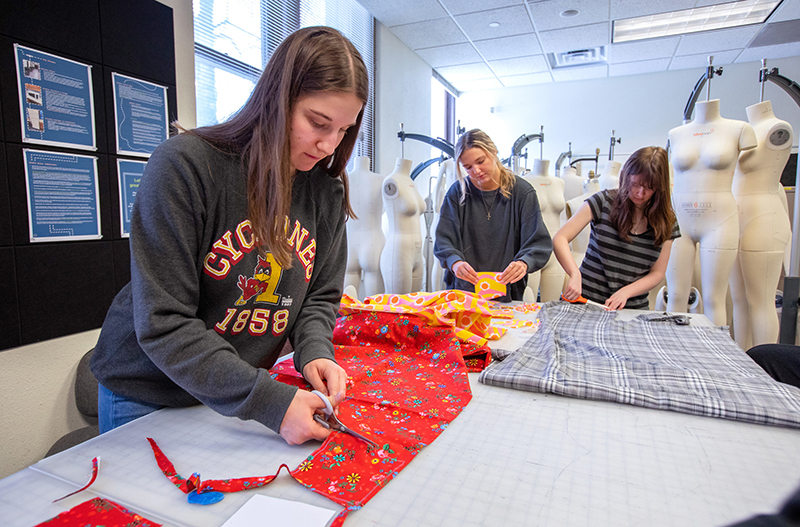Introduction
Assessment of student learning is important for all stakeholders at Iowa State University. Assessment is both a process and a product and can be used to evaluate student success as well as establish policy. At Iowa State, valuable assessment activity happens at multiple levels from the classroom to the academic program-level and involves many stakeholders. Both Criterion 3E of the Higher Learning Commission’s accreditation standards and the ISU Faculty Handbook, Sect. 10.7.2.1, state that all academic programs must be involved in a regular cycle of assessment.
Iowa State is committed to using assessment as a component of the continuous improvement of academic programs and student learning outcomes. Student learning outcomes for an academic program describe the knowledge, skills, and abilities that students should acquire or achieve by completion of the program. Measuring, improving, and documenting students' achievement and progress towards these outcomes is the goal of any assessment plan.
The most common categories of assessment at Iowa State include: academic programs, university undergraduate learning outcomes, and course-level outcomes. Imbedded within academic program-level assessments are the university learning outcomes and course level outcomes.
More information is available about the categories of assessment and assessment resources.
